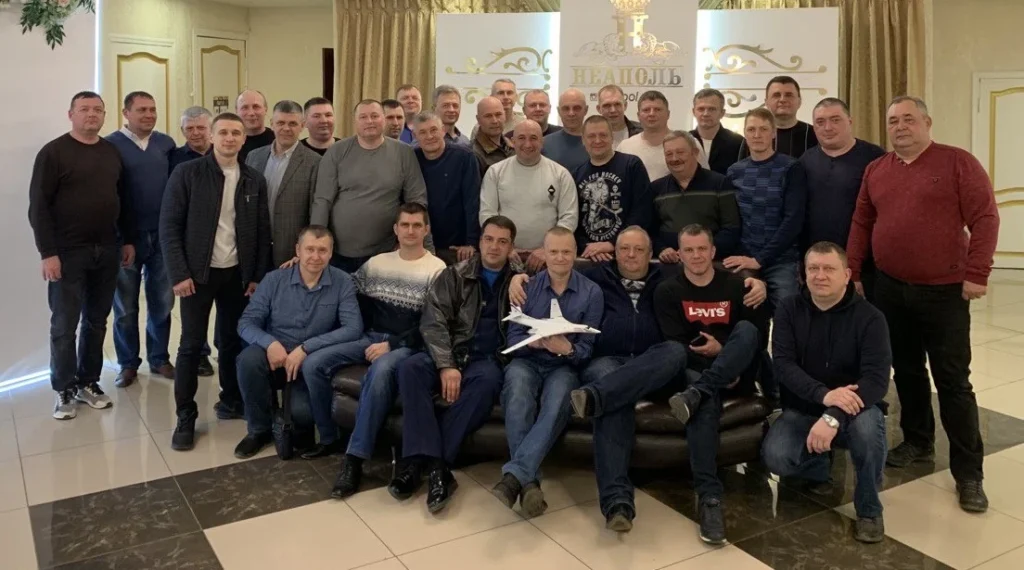OceanGate CEO crashed submersible into shipwreck in 2016, threw controller at crew: ex-employee
OceanGate's former operations director, David Lochridge, is testifying at a hearing of the Coast Guard's Titan Submersible Marine Board of Investigation

Former OceanGate operations director David Lochridge, who labeled the experimental submersible Titan unsafe prior to its last, deadly voyage, told U.S. Coast Guard investigators on Tuesday about a previous mission in which he clashed with CEO Stockton Rush that ended badly.
Lochridge, who was responsible for the safety of all crew and training pilots, said he was the only qualified submersible pilot within OceanGate. Nevertheless, he recalled, Rush insisted on piloting a 2016 voyage using the Cyclops 1 vessel to the site of the Andrea Doria shipwreck.
He said there were many system failures with Cyclops 1, and he was "phased out" after he embarrassed Rush by telling him that he should not pilot a sub.
Lochridge said Rush took three people in a submersible to the wreck site of the Andrea Doria despite his warning, and wrecked the vessel before Lochridge tried to take the controls from him. Lochridge said Rush refused to turn over the controls until a client aboard shouted at him. He said Rush then threw the controller, described as a PlayStation controller, at his head.
Later in the hearing, Lochridge discussed his concerns with the Titan submersible, on which Rush and four passengers died when the vessel imploded on a voyage to the Titanic shipwreck.
He referenced a 2018 report in which he raised safety issues about OceanGate operations. He said with all of the safety issues he saw, "there was no way I was signing off on this."
Asked whether he had confidence in the way the Titan was being built, he said: "No confidence whatsoever."
"Hands down, I would never go in that thing," Lochridge said while appearing before a Coast Guard commission trying to determine what caused the Titan to implode en route to the wreckage of the Titanic last year, killing all five on board.
Lochridge refused to greenlight manned tests of the submersible over safety concerns. He was sued by the Washington-based company for disclosing confidential information.
Lochridge then counter-sued, alleging that OceanGate had fired him for voicing his concerns about the vessel.
LEGAL EXPERT SAYS FAMILIES OF SUBMERSIBLE VICTIMS HAVE NO CASE FOR SUING OCEANGATE
Lochridge’s counterclaim states he used an inspection report that identified numerous issues that posed "serious safety concerns, and offered corrective action and recommendations for each."
OceanGate's former finance and human resources director, Bonnie Carl, testified Monday that Lochridge had characterized the Titan as "unsafe."
"The whole idea behind the company was to make money," Lochridge said of OceanGate, adding that the paying passengers were "people that had money."
"There was very little in the way of science," he said.
Lochridge joined the company in the mid-2010s as a veteran engineer and submersible pilot and said at the hearing that he quickly came to feel he was being used as a "show pony" to lend the company scientific credibility. He said he felt the company was selling him as part of the project "for people to come up and pay money," and that did not sit well with him.
OceanGate, based in Washington state, suspended its operations after last year's implosion. The company has no full-time employees at this time but is represented by an attorney during the hearing, the company said in a statement to the Associated Press. The company said it has been fully cooperating with the Coast Guard and NTSB investigations since they began.
CLICK HERE TO GET THE FOX NEWS APP
Lochridge's testimony began a day after other witnesses painted a picture of a troubled company that was impatient to get its unconventionally designed craft into the water. The accident set off a worldwide debate about the future of private undersea exploration.
Rush's widow, Wendy Rush, is not expected to testify at the hearing. When asked about her absence by the Associated Press, Coast Guard spokesperson Melissa Leake said the Coast Guard does not comment on the reasons for not calling specific individuals to a particular hearing during ongoing investigations. She said it is common for a Marine Board of Investigation to "hold multiple hearing sessions or conduct additional witness depositions for complex cases."
Fox News' Greg Wehner, Bradford Betz, Michael Ruiz and the Associated Press contributed to this report.


